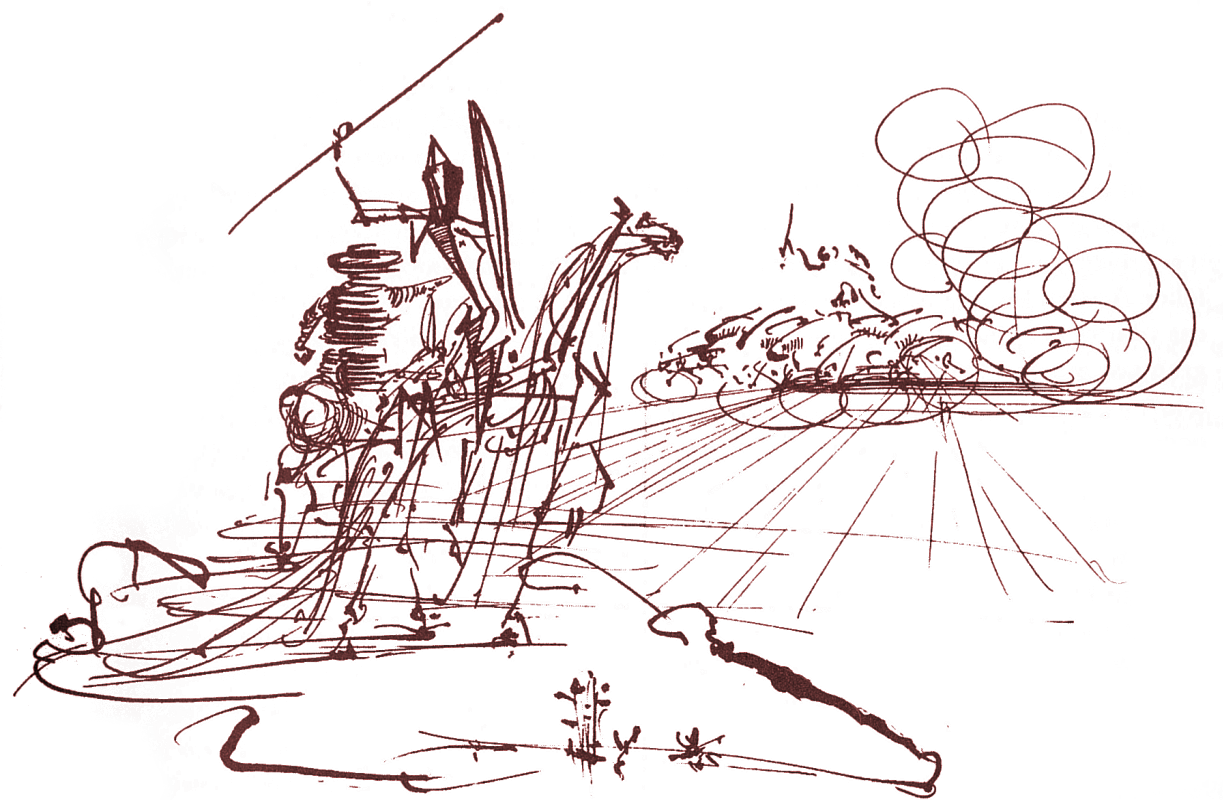Cross-posted on Read Write Web.
Nonviolent direct action is a staple in the American diet. Our everyday freedoms depend on the work of activists who have put their bodies on the line to fight for the rights we enjoy. Despite that, many forms of protest are reviled in the present, as people are often more willing to condemn the actions of a few committed individuals as violent or unnecessary, than to judge the system, be it violent or unjust. But history reveals much that is hidden, and we will see how history will judge Wikileaks and Operation Payback. In this post, I will analyze Operation Avenge Assange in light of nonviolent direct action as it has been traditionally considered.
The civil rights movement used sit-ins at restaurants to effectively shut down restaurants for their racist practices, just as strikers and protesters throughout the last century employed militant direct action to confront their companies in order to bring about changes to labor laws. In other words, without direct action, workers would not have the 8-hour workday, and people of color would likely still be riding at the back of the bus.
Much like shutting down a business, or shutting down a highway or a street, is the the recent distributed denial of service (DDOS) attacks that shut down Visa. Are these examples of a new type of direct action?
Operation Payback uses a modified Low Orbit Ion Cannot (LOIC) called IRCLOIC which operates like a "voluntary botnet". Basically, you install a program on your computer so that your computer will direct numerous requests to a server, over-running it with traffic. Your attack can be directed remotely via IRC, by the bot-net commanders at Operation Payback. This raises question: how complicit is someone who installs the IRCLOIC? After all, they've just installed the program, they aren't actually directing it's attack. Operation Payback claims 9,000 members in their video, calling the participants in the movement “Anonymous.”
Are these attacks against these institutions examples of radical internet democracy, undertaken by thousands of activists who are risking arrest?
So, is this nonviolent? Is it direct action?
According to Martin Luther King's definition of nonviolence Operation Avenge Assange may have been undertaken to defeat or humiliate Visa, in which case, it would not qualify for King's strict spiritual guidelines. King always did have a headier view of direct action than many of his compatriots.
I struggle to put an action like this into the same framework as the physical, intentional direct actions that I have witnessed. Participating in an action as a passive, IRC-controlled participant is much like those who, at a protest, are swept along with the crowd. They showed up but they don’t know where they’re going. “Anonymous” installed IRCLOIC but didn’t know what targets would be hit.
Similarly, protests are often directed by one individual or group, so the hierarchical nature of Operation Avenge Assange does not militate against it's consideration in the historical framework of direct action. The people involved are like any people at an action, some more and some less involved.
There are other, more explicit definitions of nonviolent direct action, among them, Wikipedia's definition, which is:
"Nonviolence (ahimsa) is a philosophy and strategy for social change that rejects the use of violence. Thus, nonviolence is an alternative to passive acceptance of oppression or of armed struggle against it."
and direct action ..."is activity undertaken by individuals, groups, or governments to achieve political, economic, or social goals outside of normal social/political channels."
Operation Avenge Assange is an attack against infrastructure, not people. Nobody is hurt in a DDOS. Therefore, it is physically nonviolent.
Operation Payback has a particular set of demands, particularly, radical free speech on the internet. Their target, the financial organizations that froze Wikileaks' assets, had compromised financial neutrality and worked to block the political activities of a client. As Charles Arthur, the Guardian's technology editor pointed out, you can still donate to the KKK through PayPal. So why was Wikileaks targeted? Because of they chose the United States government as a political target.
When Facebook or Twitter take sides in a political struggle, as they both may have done by shutting down Operation Payback’s accounts, it shows the precarious position freedom of speech on the internet. What other struggles will the internet establishment take a position on?
I hope that this lightning storm of radical internet democracy does not, like so many protests, result in an authoritarian backlash. The internet must remain a radical free speech zone, and, whether or not you agree with their methods, “Anonymous” has made clear that those who do not respect free speech will be muzzled themselves.
See Nicco Mele give an intelligent and cogent analysis of this action on Spitzer/Parker.

